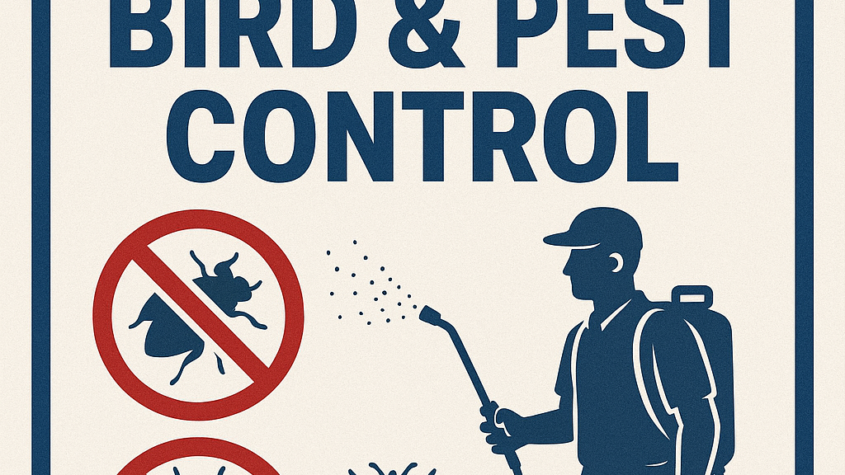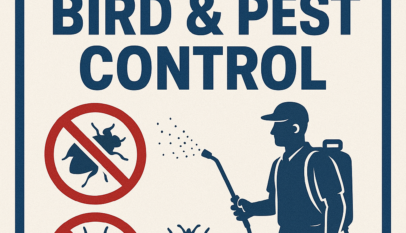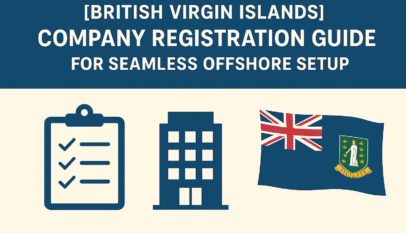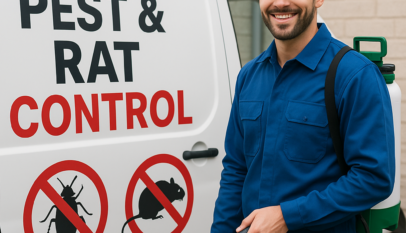
Bird control services are essential for managing avian populations in urban and agricultural areas. These services help prevent property damage, health hazards, and unsightly messes caused by birds. With various methods available, such as traps, repellents, and exclusion techniques, professional bird control can effectively reduce the presence of unwanted birds.
Many property owners face challenges related to bird infestations, which can lead to costly repairs and health risks. Engaging a bird control service ensures that these issues are addressed promptly and humanely, utilizing experienced professionals who understand avian behavior. This knowledge is crucial in establishing effective, long-term solutions tailored to specific environments.
By utilizing specialized techniques and tools, bird control services create safer and more pleasant spaces for both humans and wildlife. Understanding the benefits and options of these services can empower property owners to take action against bird-related problems effectively.
Understanding Bird Control Services
Bird control services play a crucial role in managing the challenges posed by bird populations in urban and agricultural settings. These services focus on preventing property damage, health risks, and the disruption that birds can cause in various environments.
Importance of Bird Management
Effective bird management reduces the risk of property damage caused by nesting or roosting. Birds can cause significant wear and tear on buildings, vehicles, and equipment through their droppings, which are corrosive.
Furthermore, birds can transmit diseases that pose health risks to humans and pets. Implementing bird control measures helps protect public health and enhances overall quality of life in affected areas.
Organizations also benefit from maintaining a professional appearance. A clean, bird-free environment ensures better client impressions and can help in retaining customers.
Common Bird Issues
Several types of birds commonly create issues in urban and rural settings. Pigeons are one of the most prevalent nuisances, often found in city centers, where they can contribute to unsightly messes.
Other problematic species include seagulls, sparrows, and starlings. These birds can disrupt outdoor dining, damage crops, and even cause accidents when they swoop down near vehicles.
Property owners need to identify the specific bird species causing problems to address the issues effectively. This targeted approach ensures the application of the right control methods tailored to the species involved.
Methods of Bird Control
Bird control services utilize a variety of methods to manage bird populations effectively. Exclusion techniques involve blocking access to potential nesting sites through physical barriers such as nets or spikes.
Scare tactics, like visual deterrents and noise devices, aim to create an unwelcoming environment for birds. These can include reflective materials and recorded predator calls.
In some cases, chemical repellents may be applied to deter birds from specific areas, while humane traps can be used for relocation. Choosing the right method depends on the species involved and the specific context of the problem at hand.
Implementing Effective Solutions
Successful bird control requires a structured approach that includes careful assessment, professional service implementation, and ongoing monitoring. Each step plays a crucial role in forming a comprehensive plan for effective bird management.
Assessment and Planning
A thorough assessment is the foundation of an effective bird control strategy. This involves identifying the bird species causing problems and understanding their behavior.
Factors to evaluate include:
- Location: Determine areas where birds are most active.
- Impact: Assess the damage or nuisance caused by the birds.
- Nest Locations: Identify nesting sites, which can exacerbate issues.
Based on this information, a tailored strategy is developed, often incorporating specific methods suited to the identified species and the environment. Engaging with stakeholders and setting clear objectives allows for focused planning that addresses the unique aspects of the site.
Professional Service Offerings
Professional bird control services offer various solutions tailored to specific needs. These can include:
- Exclusion Techniques: Physical barriers like nets and spikes prevent birds from entering critical areas.
- Repellents: Use of auditory or visual deterrents can effectively dissuade birds from roosting.
- Removal and Relocation: In severe cases, capturing and relocating birds may be necessary, always complying with local wildlife regulations.
Experts in the field possess the knowledge to choose appropriate methods, ensuring compliance and safety. Employing a professional service not only ensures effectiveness but also reduces liability.
Post-Service Monitoring
After initial interventions, monitoring becomes invaluable in assessing the effectiveness of implemented strategies. This involves:
- Regular Inspections: Check for signs of bird activity in key areas.
- Adjusting Strategies: Modify techniques as necessary based on observed bird behavior.
- Customer Feedback: Engaging with clients helps refine strategies and address new concerns.
Ongoing monitoring ensures that control measures remain effective and allows for rapid response if bird activity resumes. Continuous assessment supports long-term success in maintaining a bird-free environment.
British Virgin Islands Company Registration Guide for Seamless Offshore Setup
Registering a company in the British Virgin Islands (BVI) is a straightforward process tha…









